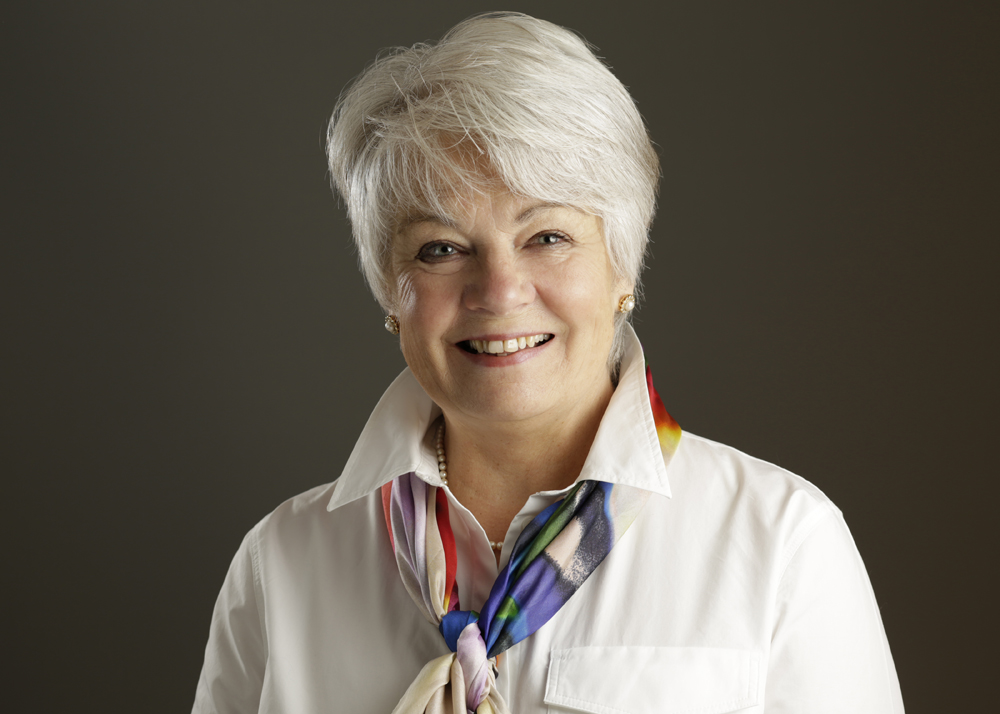
A CHARITY is highlighting the role of specialist epilepsy nurses in Scotland, calling them a “lifeline” for people suffering with the condition.
The Epilepsy Consortium Scotland (ECS) has warned of the significant workload that epilepsy specialist nurses (ESNs), who have training and expertise in managing epilepsy, are facing due to shortages of staff.
A recent report found that there can be up to 3500 patients between one or two nurses, and clinic wait times are up to five months long.
ECS founder and Epilepsy Scotland chief executive Lesslie Young said: “Some participants described their ESN as providing a bridge between themselves and their neurologist.
“However, they also reported difficulty initially accessing ESN support, and while they expressed awareness of how stretched current services are, they noted how crucial this is to their care.
“Meanwhile, nurses said their current workloads feel potentially unmanageable and they regularly work beyond their contracted hours.”
ECS is calling for an increase of SENs across the country so that people with the condition can have easy access to help and support.
Accessibility is an issue across the country but it is particularly prominent in rural communities.
SENs are beneficial for not only the physical but mental health of epilepsy patients as they help reduce anxiety for sufferers.
Epilepsy sufferer Dave McTernan, 55, said: “I get no warning when a seizure is coming, and this causes a huge amount of anxiety. I don't often go out alone and when I go it's very local to home; I can't use a bath for fear of drowning; and can no longer cook on a conventional cooker.
“My ESN has literally been a lifesaver and not only was able to give me great information about epilepsy and in particular my own seizures, and has provided an all-round care package.
“Through my ESN I have been given access to mental health services through a referral to a neuropsychologist and had my home made safer due to an alarm being fitted that gives me care from a call service.”
Around 55,000 people – one in 97 – in Scotland are affected by the condition.
In the UK, around 1000 people die each year due to epilepsy related complications.







